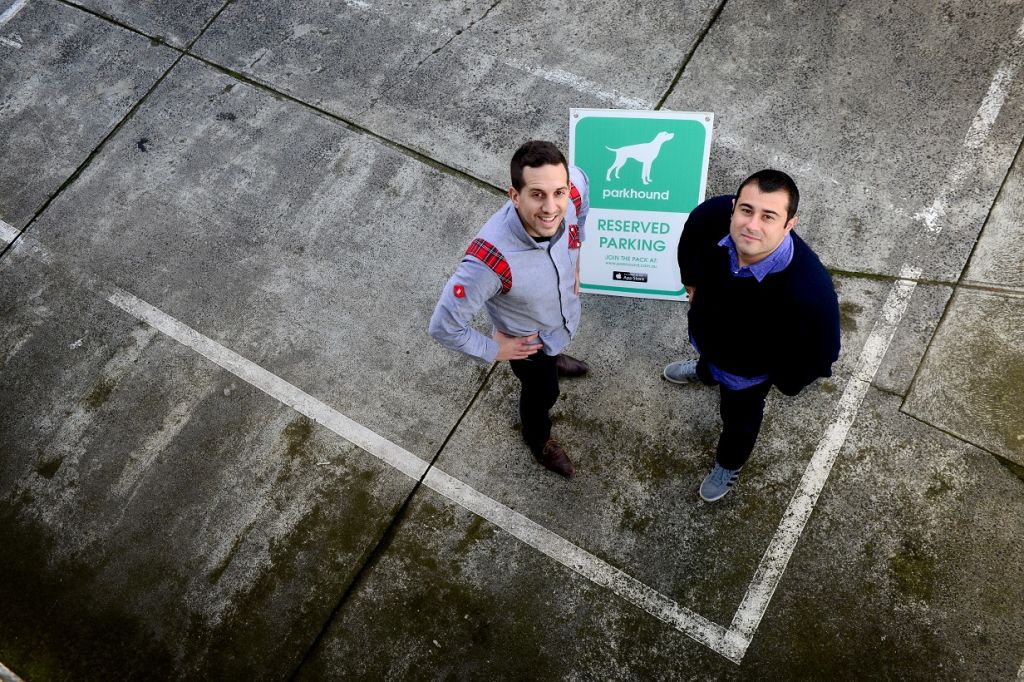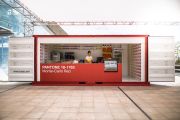
Spacer buys rival car-parking provider Parkhound
Aussie self-storage startup Spacer has acquired online parking provider Parkhound, making it the country’s biggest player in the shared storage and parking space market.
With more than 55,0000 members and 10,000 parking locations around the country, Parkhound members have clocked in more than 5 million hours of parking, and landlords have pocketed more than $5 million this year.
Similar to Airbnb and Uber, the digital platform allows people to list their spare parking space and find renters, who save by getting cheaper rates compared with traditional commercial car parks.
Although the price that Spacer paid for Parkhound is undisclosed, it was funded as part of a $2.7 million capital raising.
While Parkhound takes a 10-per-cent commission from those who successfully rent out their space, other players in the local market like Findacarpark.com.au charge a one-off $5 listing fee, while Divvy focuses solely on spaces in commercial buildings, charging on an hourly, daily or monthly basis.
As many high-density residential developments are completed and more people move into apartments, demand for self-storage is booming.
Spacer chief executive officer Michael Rosenbaum, who founded the company with Roland Tam, said the demand for parking spaces was just as strong.
“With cities becoming increasingly densified through urbanisation, many new apartment builds are only allocating one parking space for a two-bedroom unit, making parking ‘rentals’ high in demand along with self-storage,” he said.
The founders of Parkhound, Rob Crocitti and Michael Nuciforo, had rejected three investment offers on Ten Network’s television program Shark Tank last year.
The acquisition includes all intellectual property including database, tech platform and customers, bringing Spacer’s suppliers up to more than 20,000 across storage, parking and warehouse space.
“Parkhound has built a solid foundation to successfully trade one of the biggest commodities, city parking,” Mr Rosenbaum said.
“This complements Spacer’s business model that already includes parking to expand our offering and become the market leader.”
Reports of single parking spaces in Sydney selling for hundreds of thousands of dollars have made headlines, sparking investor interest in the unconventional real estate.
Spacer is also tapping into Parkhound’s business partnerships with commercial storage and CBD parking operators, who use the online platform to generate digital leads for its unused spaces.
The company has seen 20 per cent month-on-month growth in revenue.












